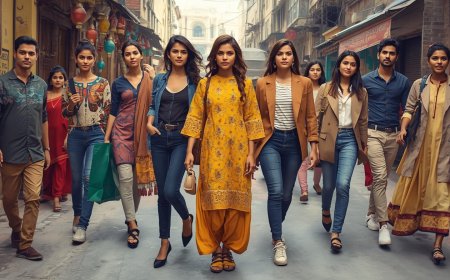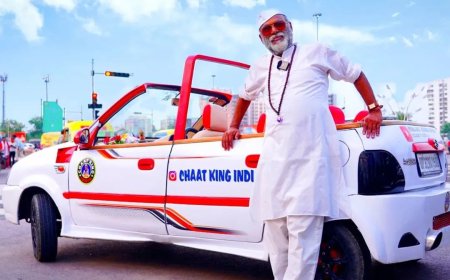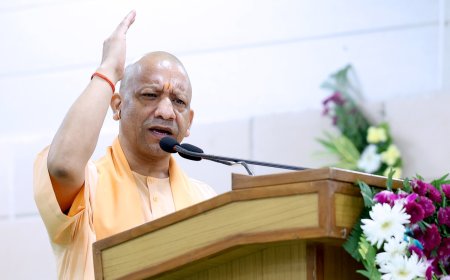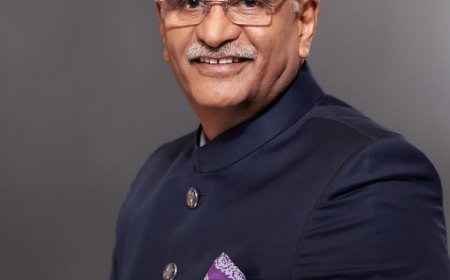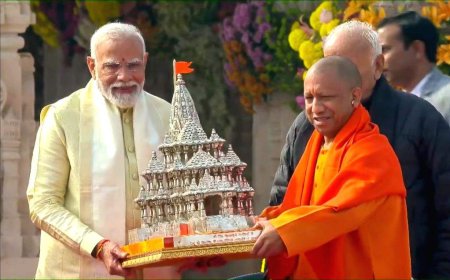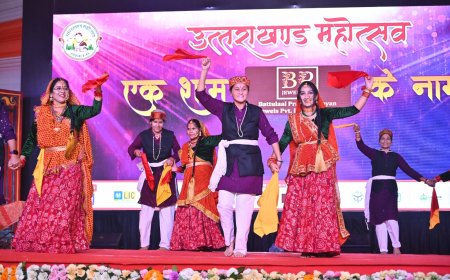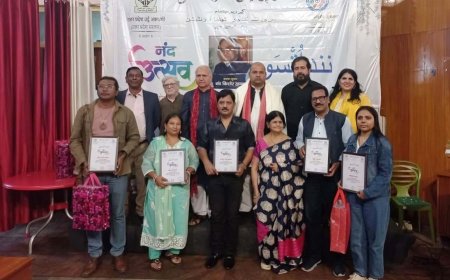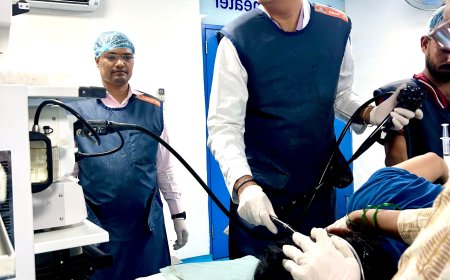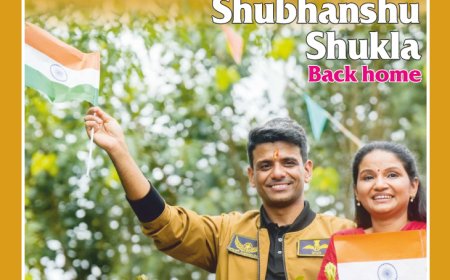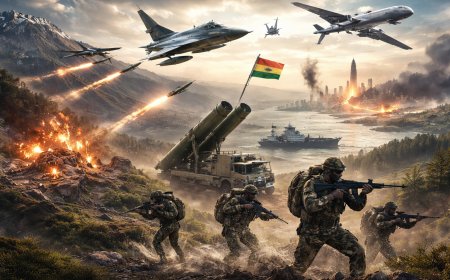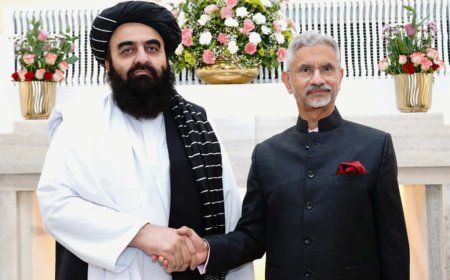Pahalgam Bleeds, But India Stands Tall
Pahalgam Bleeds, But India Stands Tall
Dr.Abhishek Shukla
On April 22, 2025, the quiet charm of Pahalgam, usually known for its pine-fringed valleys and river whispers, was drowned by gunfire and screams. What should’ve been a day of picnics and prayers turned into one of the bloodiest civilian massacres Kashmir has seen in recent times.
It was a cold, calculated act of terror. A group of heavily armed militants opened fire indiscriminately on civilians, many of them tourists who had come to breathe in peace. The bullets did not choose religion, age, or region. And that is exactly what terrorism tries to do, erase humanity with hatred.
Why did this happen? Because fear works. Terror groups know that violence grabs attention. They thrive on the politics of disruption, of undoing every step toward peace with a gunshot. In the name of resistance, they turn valleys into battlegrounds and people into statistics.
But this was not resistance. It was cowardice. An act designed to shake the nation ahead of the Amarnath Yatra, to target a fragile calm. To challenge the idea that peace in Kashmir is possible.
We lost innocent lives. Children who will never return home. A Navy officer on leave. Locals who were just doing their day’s work. Their loss cannot be reduced to numbers in news tickers. Their names must echo in our decisions.
This attack reminds us that our security systems need tightening, not just fences and rifles, but intelligence, community trust, and foresight. It means better preparedness. Smarter coordination. Less complacency.
But above all, it demands unity. Not just across political lines, but across every Indian heart. Because when terrorists strike, their goal is not just to kill, but to divide. We cannot let them win twice.
That answer lies in what they choose next. Denial or accountability.
The trail again points across the border. This isn’t new. But with each attack, international patience grows thinner. If Pakistan continues to shelter those who use ideology as a weapon, the world will hold it responsible. And rightly so.
This isn’t about diplomacy anymore. It’s about decency. Either be a neighbour, or don’t pretend to be one.
What must we learn? That silence is not strength. That remembering the dead must come with protecting the living. That we owe every drop of blood spilled in Pahalgam a promise, not just of justice, but of vigilance.
We must learn to spot early signs of radicalisation. To strengthen the bond between locals and law enforcement. To understand that tourism and normalcy can’t thrive without consistent safety. And that Kashmir needs healing, not headlines.
To those who lost their lives, this article is for you.
We don’t know all your names yet. But we know your lives mattered. We know your families are shattered. We know your loss has pierced through a country’s heart.
And we promise you this, your stories will not fade into the next news cycle. We will remember you. Not as victims of terror , but as reasons to build a stronger, safer, and more compassionate India.
What's Your Reaction?









